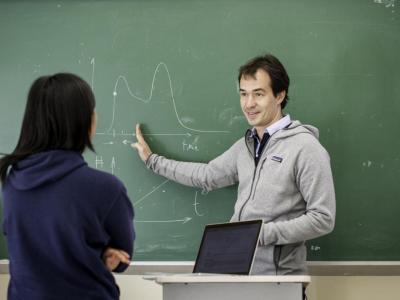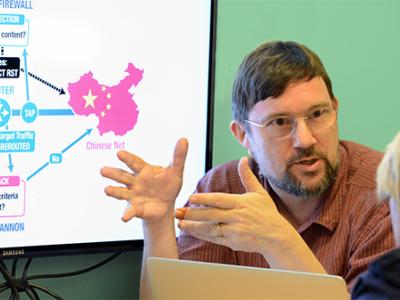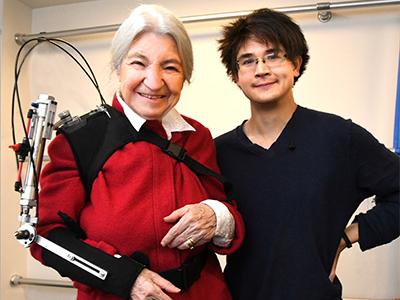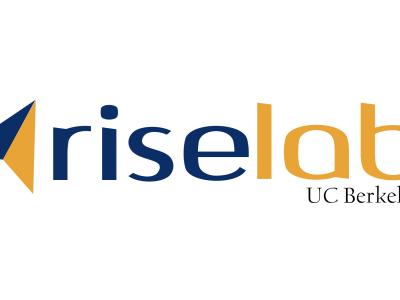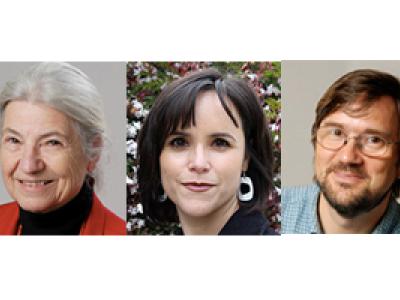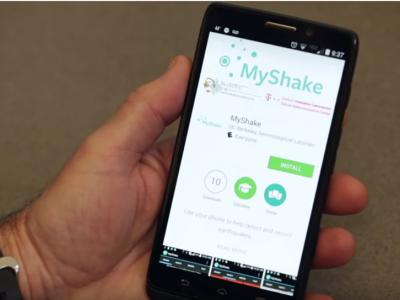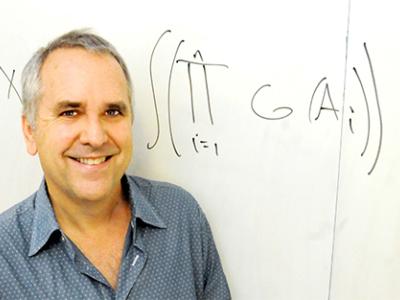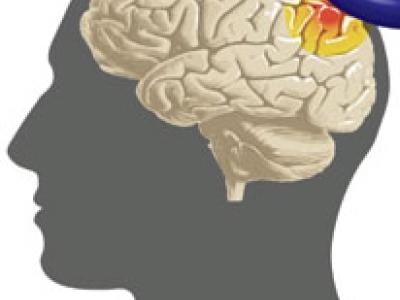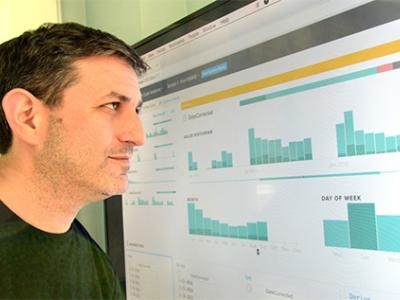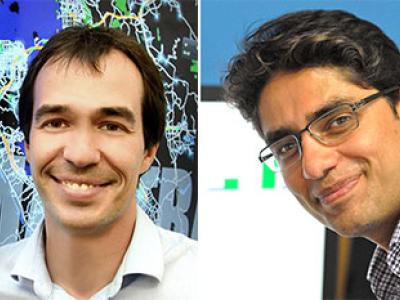Data Science, AI & Robotics News
A “VAST” Step Forward in Cyber Security
Engineering to Restore Power to the People
Megamovie project to crowdsource images of August solar eclipse
Berkeley launches RISELab, enabling computers to make intelligent real-time decisions
UC Berkeley, Stanford study finds canvassing conversations reduce transgender prejudice
Researchers from Stanford University and UC Berkeley report in today’s edition ofScience that door-to-door canvassing by volunteers — both transgender and not — reduced voters’ prejudice against transgender people.
Three new Signatures Innovation Fellows announced
Three faculty members have been selected as 2016-17 Signatures Innovation Fellows, receiving as much as $100,000 per year each for up to two years to pursue commercially promising data science and software projects.
New app turns smartphones into worldwide seismic network
Big Thinking About Big Data
To Michael Jordan, the smart way to extract and analyze key information embedded in mountains of “Big Data” is to ignore most of it. Instead, zero in on collections of small amounts of data.
Will computers ever truly understand what we’re saying?
From Apple’s Siri to Honda’s robot Asimo, machines seem to be getting better and better at communicating with humans. But some neuroscientists caution that today’s computers will never truly understand what we’re saying.
Seeing Through the Big Data Fog
Joe Hellerstein and his students developed a new programming model for distributed computing which MIT Technology Review named one of the 10 technologies “most likely to change our world”.
Signatures Innovation Program seeks faculty pursuing innovative research in data science and software areas
The Office of the Vice Chancellor for Research, in partnership with CITRIS and BIDS, will be hosting an info session for prospective applicants to the Signatures Innovation Fellows Program on Wednesday, December 9.

